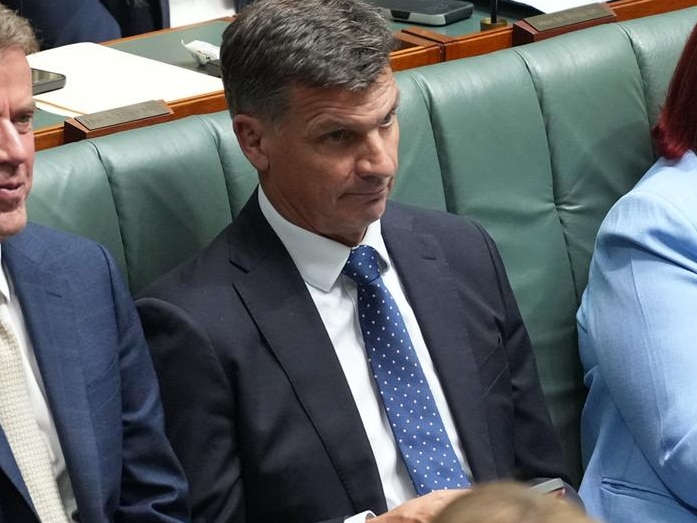
The Australian Taxation Office (ATO) has outsourced thousands of call centre roles to private operators, raising concerns about the treatment of vulnerable taxpayers. According to a recent analysis by Guardian Australia, contracts with firms such as Probe Operations, Concentrix Services, and Serco are collectively worth $316.5 million. This move has sparked criticisms regarding the prioritization of profit over taxpayer support.
Consumer advocates highlight significant issues with the ATO’s reliance on these private contractors. Many of the workers are paid considerably less than public servants, with wages averaging $26.70 per hour, which translates to an annual salary of approximately $52,800. This rate is significantly lower than the base salary range of $72,900 to $78,700 for directly employed ATO staff.
The Community and Public Sector Union’s deputy national president, Beth Vincent-Pietsch, noted that the outsourced model compromises service quality. “Workers receive lower pay and conditions than directly employed public servants,” she stated. “The cost to taxpayers of these private contracts is higher, and comes with considerably less transparency and accountability.”
Concerns have been amplified by a rise in complaints to the ATO regarding its debt collection practices. Vincent-Pietsch mentioned that many taxpayers believe they are speaking with ATO employees when, in reality, they may be communicating with private contractors who lack the same training and support. She described the call centre staff as being “set up to fail” due to inadequate training.
Shift in Workforce Dynamics
The ATO’s contracts with these private operators have expanded under recent government administrations. These arrangements were initially intended as temporary solutions for peak periods, such as tax season. However, they have evolved into a permanent reliance on contracted workers. In 2023, the Labor government directed all agencies to “move away from outsourcing work that is the core role of the Australian Public Service,” yet the ATO continues to engage these contractors.
The current contracts, which began in 2024, run until mid-2026, reflecting a commitment to these outsourcing practices despite the government’s directive. The ATO has also engaged Recoveriescorp, a private debt collector, for tax debt cases, which has raised ethical concerns, particularly regarding vulnerable groups. Over 355,000 taxpayers, including welfare recipients, have been referred to Recoveriescorp, leading to complaints about aggressive collection tactics.
Dr. Vivien Chen, a senior lecturer at the Monash Business School, emphasized that the use of private debt collectors can exacerbate already difficult situations. “We know of people being pursued for tax debts who are experiencing vulnerability, including victim survivors of family violence,” she noted. “Contact from debt collectors is stressful and aggravates the harm that victim survivors experience when fleeing violence.”
Implications for Taxpayers
As the ATO continues to rely on private contractors for essential services, the implications for taxpayers are significant. Many individuals seeking assistance may unknowingly interact with employees who do not have the same ethical obligations or training as ATO personnel. This situation raises questions about the adequacy of support provided to those in vulnerable circumstances.
An ATO spokesperson stated that the agency supplements its workforce with external providers to enhance service capabilities. They emphasized that if taxpayers are identified as experiencing vulnerable circumstances during debt recovery actions, all staff, including those from outsourced call centres, are expected to provide appropriate support.
Despite these assurances, the ongoing reliance on outsourced call centres is likely to remain a contentious issue, particularly as consumer advocates and labor unions continue to push for a reconsideration of the ATO’s operational model. The future of taxpayer services may depend on a reevaluation of how the ATO engages with private contractors and the protections afforded to those seeking assistance.






